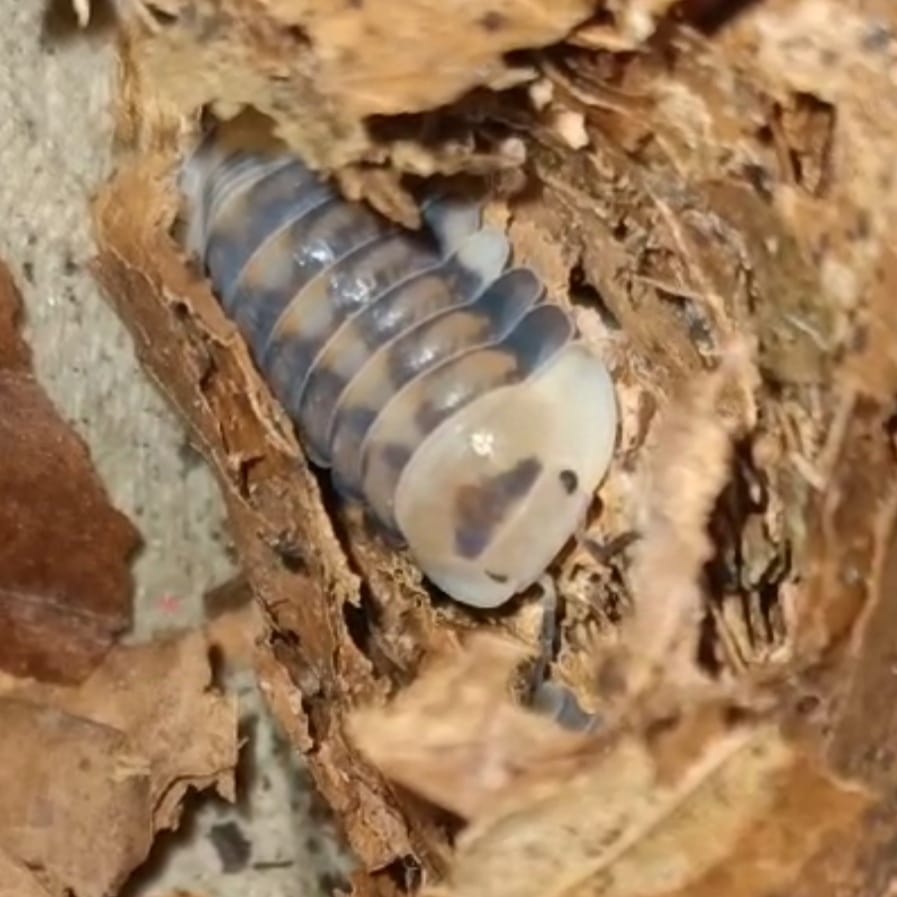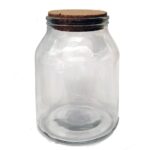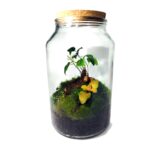Cubaris sp. “White Ducky”
15,00€ – 70,00€Price range: 15,00€ through 70,00€
Meet the charming Cubaris sp. ‘White Ducky’! 🌿 This tropical isopod, with its rounded shape and white color, adds a special touch to any terrarium. Ideal for those looking for something unique and natural. 🐾 Give it a space in your terrarium!
Technical Sheet (Cubaris sp. ‘White Ducky’)
Common Name: White Ducky
Scientific Name: Cubaris sp. ‘White Ducky’
Family: Armadillidae
Origin: Thailand
Description
Cubaris sp. ‘White Ducky’ is a highly sought-after isopod in the terrarium hobby due to its unique appearance and interesting behavior. These isopods feature a white, rounded body, reaching an adult size of approximately 1.5 cm. Their shape and coloration give them an adorable look that distinguishes them from other isopods.
Habitat
This isopod inhabits warm, humid areas typical of tropical forests. It prefers hiding spots in dark places with constant moisture, where it feels safe and protected.
Care Conditions
- Temperature: 22-26 °C
- Humidity: 70-85% (it is recommended to maintain one side of the terrarium more humid than the other)
- Substrate: Coconut fiber, moss, and dry leaves. A loose and organic substrate is ideal for their well-being and allows them to partially burrow.
- Decoration: Dried leaves, wood, and bark that provide shelters and opportunities for natural hiding behavior.
Feeding
Cubaris sp. ‘White Ducky’ is a detritivore, meaning it primarily feeds on decomposing matter. It is recommended to provide:
- Dried leaves (such as oak or magnolia leaves)
- Occasional fresh vegetables (like zucchini or carrot)
- Calcium supplements to strengthen their exoskeletons
Behavior
This species is peaceful and moves slowly. Its behavior includes hiding in shelters, and it is especially popular for its ability to curl into a ball for protection when threatened.
Reproduction
Cubaris sp. ‘White Ducky’ reproduces slowly compared to other isopods and prefers a stable environment to raise its young. Females carry the young in a ventral pouch until they are ready to be independent.
Notes
This species is sensitive to sudden changes in humidity and temperature, so it is essential to maintain parameters consistently to avoid stress or health issues.
| Options |
1 unit ,5 units |
|---|
Related products
Creobroter gemmatus
Sold out
Silkworm (Bombyx mori)
there is stock
Cubaris panda king
there is stock
Hymenopus coronatus
Sold out
Phyllocrania paradoxa
Sold out
Blaptica Dubia
there is stock
Achrioptera manga (fallax)
Sold out
Armadillidium maculatum
there is stock


















